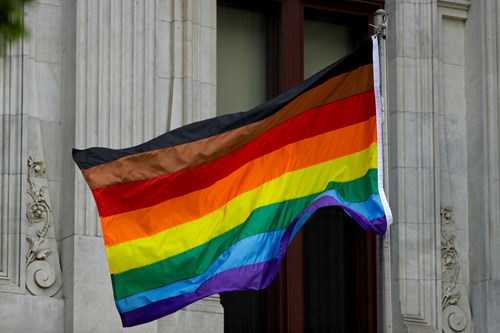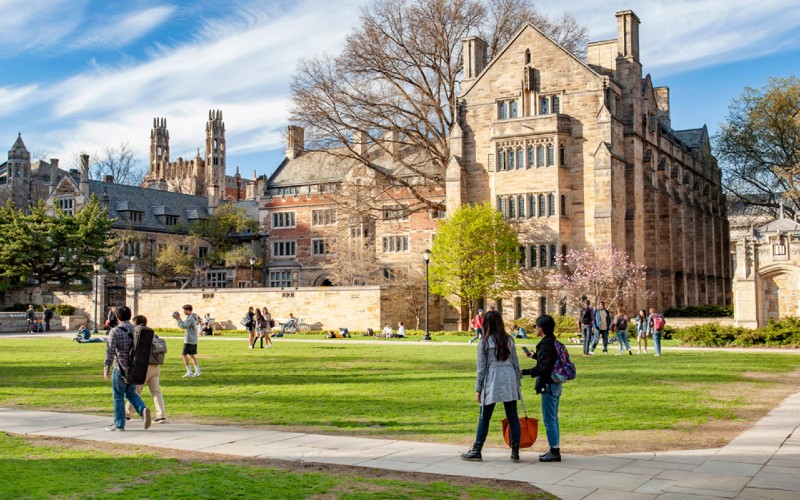The move was an effort to provide a "safe space for first year students of marginalized genders and their allies to share their experiences and continue to grow," school officials said. The University of Pennsylvania's Women Center hosted this pre-orientation program to begin the new semester.
The event's description announced the pre-orientation program is offered to incoming first-year undergrad students who are "interested in the topics of gender equity and social justice," according to Campus Reform.  The description continued to say that students of all gender identities who are interested in these topics are invited to apply.
The description continued to say that students of all gender identities who are interested in these topics are invited to apply.
Promoting one gender presenting as another, or perhaps more, is not limited to the University of Pennsylvania. It’s prominent at the state’s largest university, Penn State.
Dr. Zachary Marschall is Editor in Chief of Campus Reform.
With regard to Penn’s situation, “there are two things here to focus on. One is that this orientation program is being billed as a safe space. Safe spaces are problematic because they're counter-intuitive to the mission of higher education. They keep people in a bubble, and they teach people how to isolate themselves and away from people who are unlike them."
Call for the historically marginalized
The orientation description further stated, "transgender and cisgender women, transgender men, non-binary individuals, and their allies," are all historically marginalized genders.
Marschall described this as a group of leftist sexuality advocates, educators, and more who are talking about pronouns and more in a way where they don't want to encounter anyone who does not agree with them.
"It’s really getting college started on the wrong foot if they can't even have a discussion with someone who

recognizes biological reality or would stand up and say, 'No, I don't think your pronouns are real.’ It doesn't serve the greater purpose of higher education."
Campus Reform has reported on this trend for years, Marschall says.
For decades, graduate students and professors have basically worked together to pursue their 'passion projects' and 'identities' and turn those things into research. That’s what’s going on at UPenn.
"You've had a lot of people bring their grievances and identity politics into Phd dissertations or graduate seminars, and then those things become tomorrow's curriculum for undergraduates, and this is an example of that."







